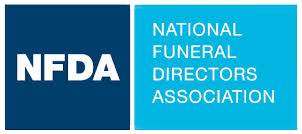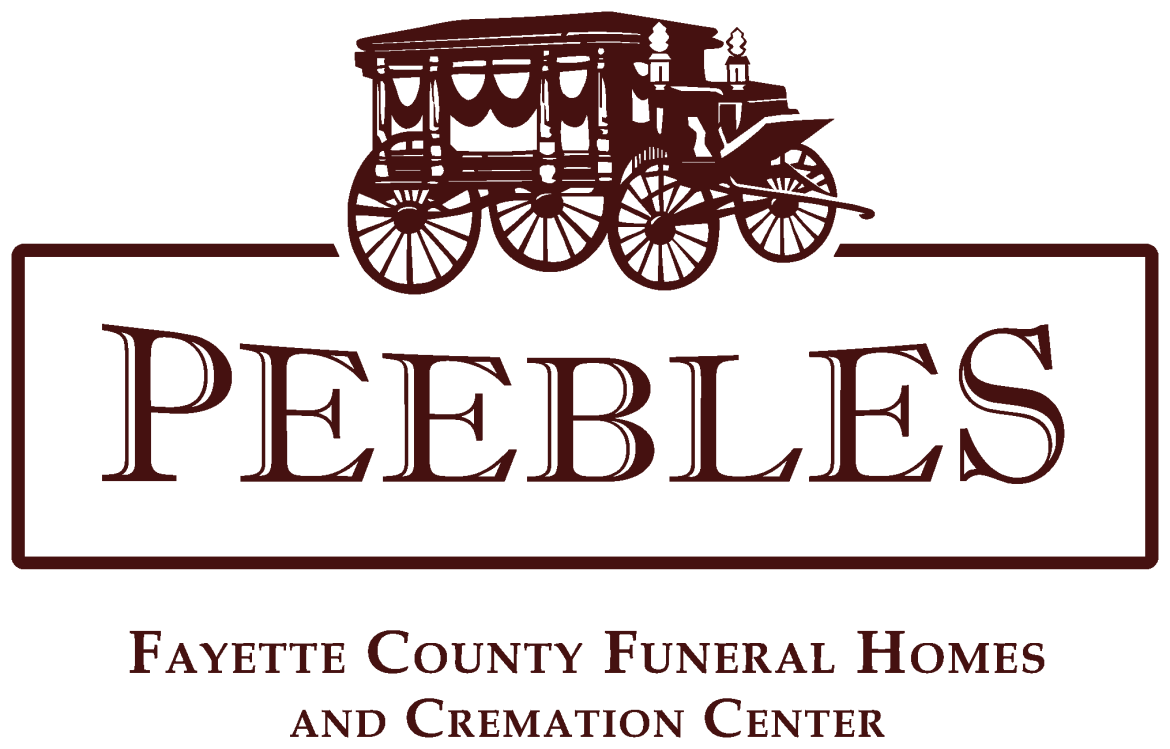Frequent Questions
Frequent Questions
Click on the questions below to reveal each respective answer.
-
What is the purpose of a funeral?
A funeral or memorial service provides an opportunity for the living to show respect for the deceased and pay tribute to their life. It provides a framework to freely and openly express our beliefs, feelings, and thoughts about the death of our loved one. It gives us permission to grieve our loss, share in solidarity, and gain strength from others who are experiencing the same loss.
-
What are the choices for funeral services?
The four main types of funeral services include the traditional funeral service, the memorial service, the committal service, and the affirmation or celebration of life service.
-
Can you still have a funeral if you choose cremation?
Yes, cremation or burial is merely the disposition of the body. Funeral services are to honor and remember your loved one, regardless of disposition.
-
Can I plan in advance if I choose cremation?
Pre-arranging funeral services can be done regardless of the final disposition. Pre-arranging is simply recording your wishes with the funeral home and prefunding if you choose to do so.
-
What information should I bring to the arrangement conference?
- Advance Directives - If the deceased left any written advance directives concerning the disposition of his remains and memorialization, you need to bring them with you. These instructions may be found in a will, or there may be a formally witnessed disposition directive, funeral pre-arrangements, or a pre-need contract.
- Military Discharge Papers
- Details on any cemetery property owned by the deceased or the family (grave plot, columbarium space, etc.)
- Recent photograph of the deceased and any personal effects that you wish to be included in the viewing or burial
- Specific information on the deceased:
- Full legal name
- Address
- Marital status
- Social Security number
- Date of birth
- Place of birth (city and state)
- Educational history (number of years of schooling)
- Armed Forces service dates and serial number
- Occupation or profession
- Parent's names, including mother's maiden name
- Next of kin and other survivors
-
What services do funeral directors provide?
The funeral director's job is to assist the bereaved in various ways to help them through the loss of a loved one. A funeral director provides bereavement and consolation services for the living, in addition to making arrangements for the cremation, burial, and memorial services for the deceased. He fulfills the role of funeral arranger, funeral director, funeral attendant, and embalmer.
The following list is not all-inclusive, but describes some of the major tasks of a funeral director:
Removal and transfer of the deceased from the place of death to the funeral home
Professional care of the deceased, including embalming, casketing, and cosmetology
Consulting with family to make arrangements for the funeral service
Filing certificates, permits, and other required forms
Obtaining copies of the death certificate
Arrangements with the cemetery, crematory, or other places of final disposition
Creates and publishes the obituary
Arrangements for clergy, music, flowers, transportation, pallbearers, and special fraternal or military services
Directs and manages the funeral service and the funeral procession
Assists the family with death-related claims, including Social Security, VA insurance, grief counseling
-
Why are funerals so expensive?
A traditional funeral involves a number of services which add to the total cost. Besides a non-declinable basic services fee, other charges may include removal/transfer of the body to the funeral home; embalming; other preparation of the body; use of facilities and staff for viewing; use of facilities and staff for the funeral ceremony; use of a hearse, service car, or van; a basic memorial printed package; metal casket, a vault or grave liner, and purchase of a cemetery plot.
-
What is memorialization for a cremation?
You might choose ground burial of the urn. If so, you may usually choose either a bronze memorial or monument. Cremation niches in columbariums are also available at many cemeteries. They offer the beauty of a mausoleum setting with the benefits of above ground placement of remains. Many cemeteries also offer scattering gardens. This area of a cemetery offers the peacefulness of a serene garden where family and friends can come and reflect.
-
What do I need to know about income tax when I lose a spouse?
Uncertainty about income tax issues can add to the stress experienced from the death of a spouse. You should meet with your family attorney and/or tax adviser as soon as possible to review your particular tax and estate circumstances. Bring a detailed list of your questions to the meeting. If you do not have an attorney or tax adviser, call the IRS toll-free at 800-829-1040 for answers to specific tax questions.
-
Is there financial help if I need it?
There are a number of options available, including:
- Determine if the deceased person qualifies for any entitlements. Check with the Social Security Administration and the Department of Veterans Affairs. Many people are entitled to get financial assistance with their funeral costs from these agencies if they qualify.
- Review all insurance policies the deceased person has, including life insurance. Some life insurance policies have coverage clauses for funeral related costs.
- Find local charities providing financial help for funeral expenses. Search for non profit organizations and for churches in your area.
- Talk to your funeral director about cremation options - these can be much less expensive depending on your choices.
Proud Members of the Following Association

Slide title
Write your caption hereButton
Slide title
Write your caption hereButton
Slide title
Write your caption hereButton
Slide title
Write your caption hereButton
Slide title
Write your caption hereButton

